British Commando Cheats Death By Posing As Notable General’s Family Member
At just 20 years old, Michael Alexander decided to take on a daring mission. He joined the British Commando and Special Boat Service during World War II, and was then sent to join his commando brethren in Alexandria, Egypt.
There the British forces were facing off against the German-Italian Axis force in North Africa. With bravery and determination, Alexander was determined to make a difference in the war effort.
A Legendary British General - Harold Alexander
Harold Alexander was an iconic British General, and the youngest ever general in the British army, who made his mark in World War I on the Western Front. He was awarded the British Military Cross, Distinguished Service Order, and the French Legion d’Honneur for his outstanding bravery.
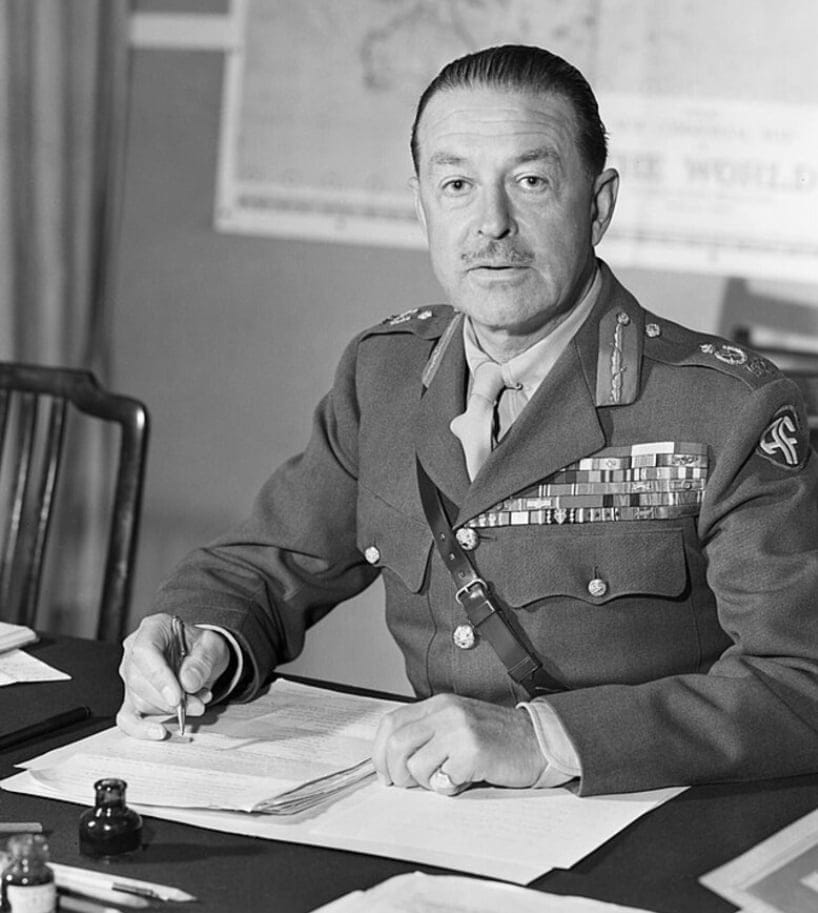
Source: Wikimedia Commons
Despite being wounded at the Third Battle of Ypres, the troops he commanded adored him for his ability to make the best of difficult predicaments. His career was further embellished by his fight against Bolsheviks, and serving as an aide to King George VI. A true legend indeed!
Commando Michael Alexander: Unrelated to Gen. Harold Alexander, but Just as Respected
Commando Michael Alexander was a brave soldier who also fought in World War II, but he was no relation to the famed General Harold Alexander – the leader of the army’s evacuation to Dunkirk and England. Harold Alexander was respected by all, including his Nazi enemies.
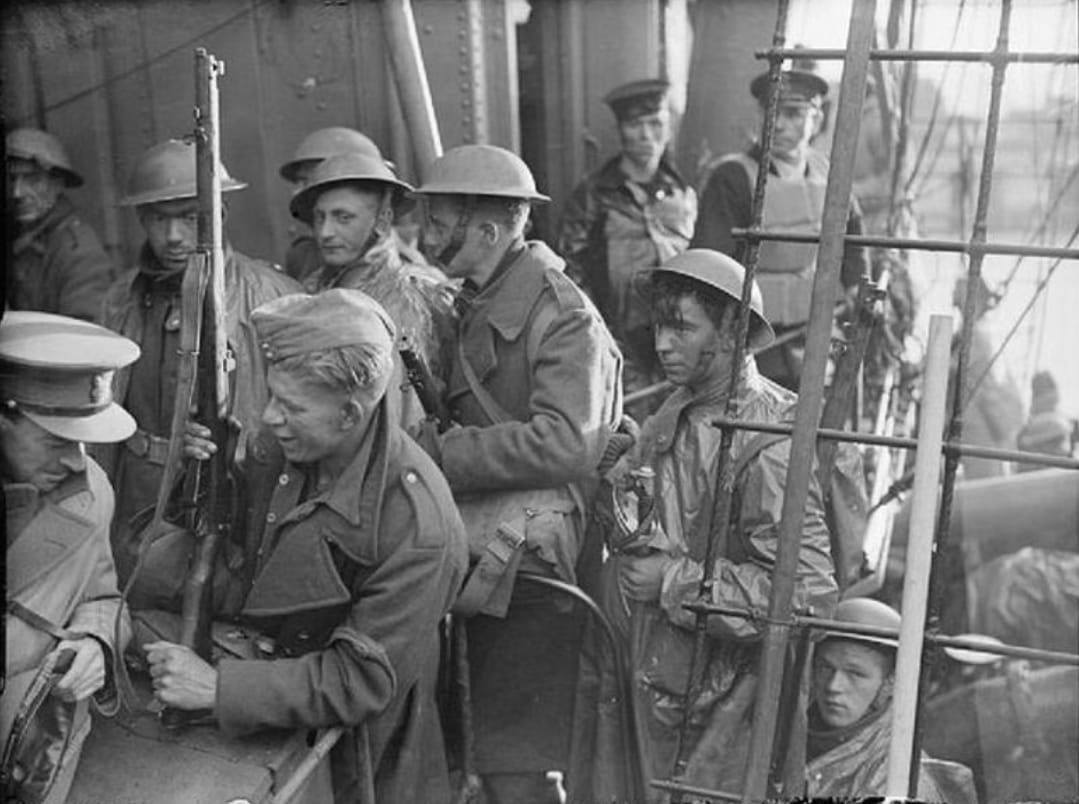
Source: Wikimedia Commons
But though he bore the same last name, Michael Alexander’s bravery and courage was all his own. He was a hero in his own right, and much admired for what he brought to the army.
Unstoppable Sabotage: The Special Boat Service Commandos of North Africa
The Special Boat Service commandos of North Africa, including Michael Alexander, achieved remarkable feats during World War II, wreaking havoc behind enemy lines and disrupting Axis plans.
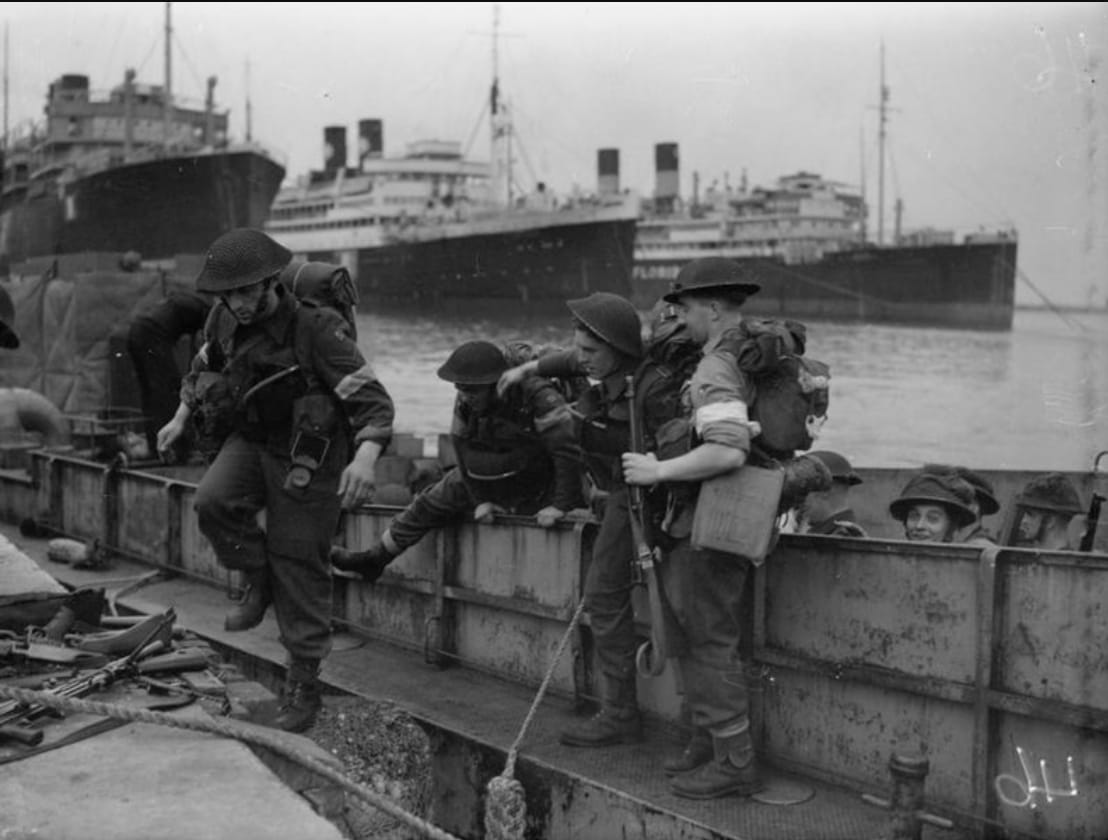
Source: Wikimedia Commons
With their expertise in reconnaissance and sabotage, they became a force to be reckoned with. So effective were their efforts that Hitler himself had to issue a decree ordering all German officers to shoot anyone caught performing an act of sabotage. The British forces were increasingly successful as the war raged on, showing that the Special Boat Service commandos of North Africa were an unstoppable force.
Quick Thinking Saves Commando from Certain Fate
Michael Alexander and his Special Boat Service crew of around 20 men were sent on a daring mission behind enemy lines in the summer of 1942. Their goal was to infiltrate the positions of the Axis Afrika Korps and destroy an arms cache.
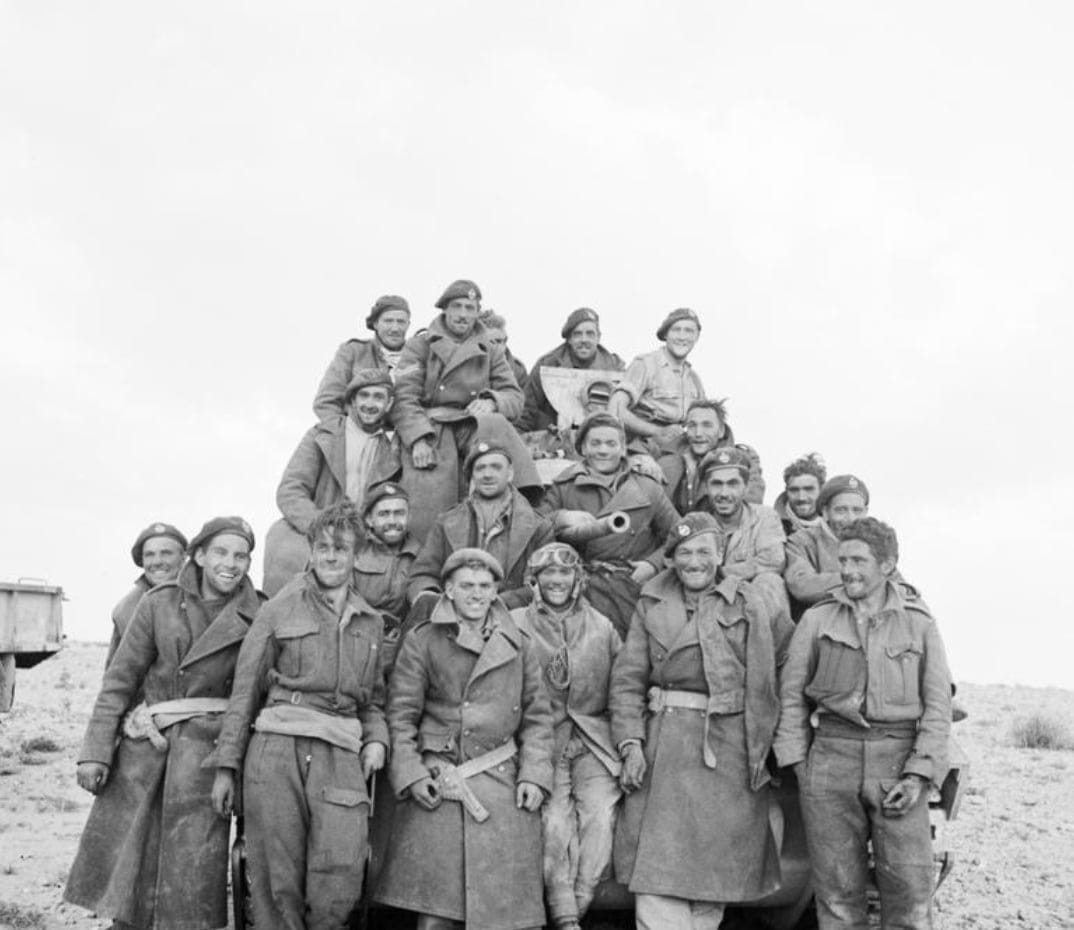
Source: Wikimedia Commons
However, their success seemed unlikely until a fellow commando came up with an idea that saved Alexander and his crew from a certain fate. Thanks to this brave individual, the mission was completed and the crew safely made it back home.
A Moment of Triumph: Meet the Members of the Prominente
On May 5, 1945, a remarkable moment was captured outside the Hungerberg Hotel. These were the Members of the Prominente – a select group of individuals who had been held captive by the U.S. guard. But now, their release was imminent and the picture that was taken showed a moment of absolute triumph.
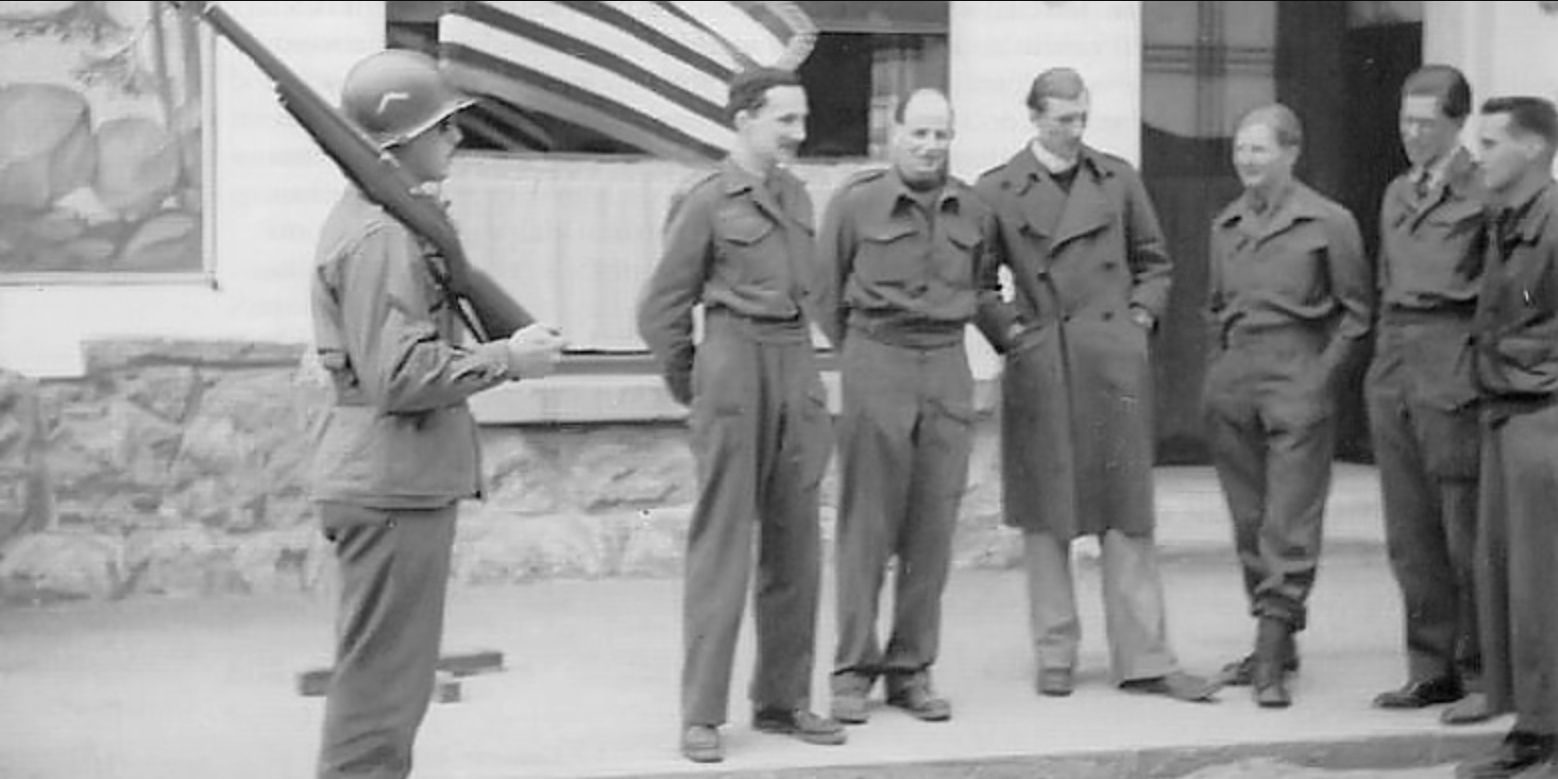
Source: Wikimedia Commons
From left to right, John Elphinstone, Max de Hamel, Michael Alexander, an unknown figure, George Lascelles, and John Winant Jr. all stood tall, taking in the joy of freedom. It was a remarkable picture – one that symbolized the hope and optimism of a new era.
Stealthy Assault by Alexander's Men
Leading his team with fearless courage, Alexander embarked on a daring mission. Taking his men on a 50 minute boat ride, they landed near the enemy’s position on a rubber boat.
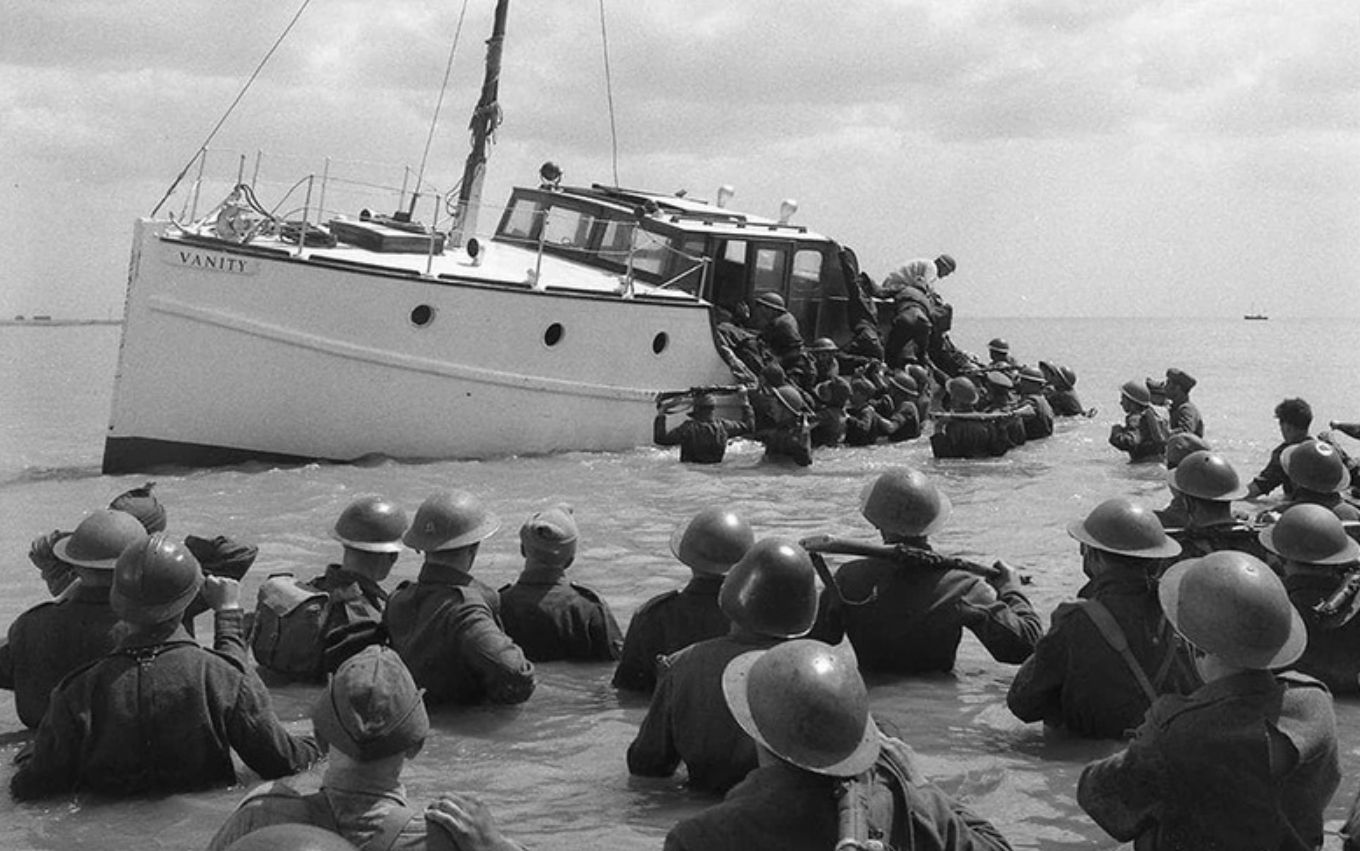
Source: u/shedang/Reddit
Little did they know that their destination was the headquarters of the German 90th Light Infantry Division! As soon as they hit the ground, the area lit up with enemy fire. Despite facing certain danger, Alexander and his team powered through and accomplished their mission with grace and strength.
Brave Commandos Take On the Impossible
Alexander and Cpl. Peter Gurney were the only two brave commandos who refused to turn back from their sabotage mission, despite its seeming impossibility. After their fellow soldiers returned to the landing boats, these brave men decided to carry on.
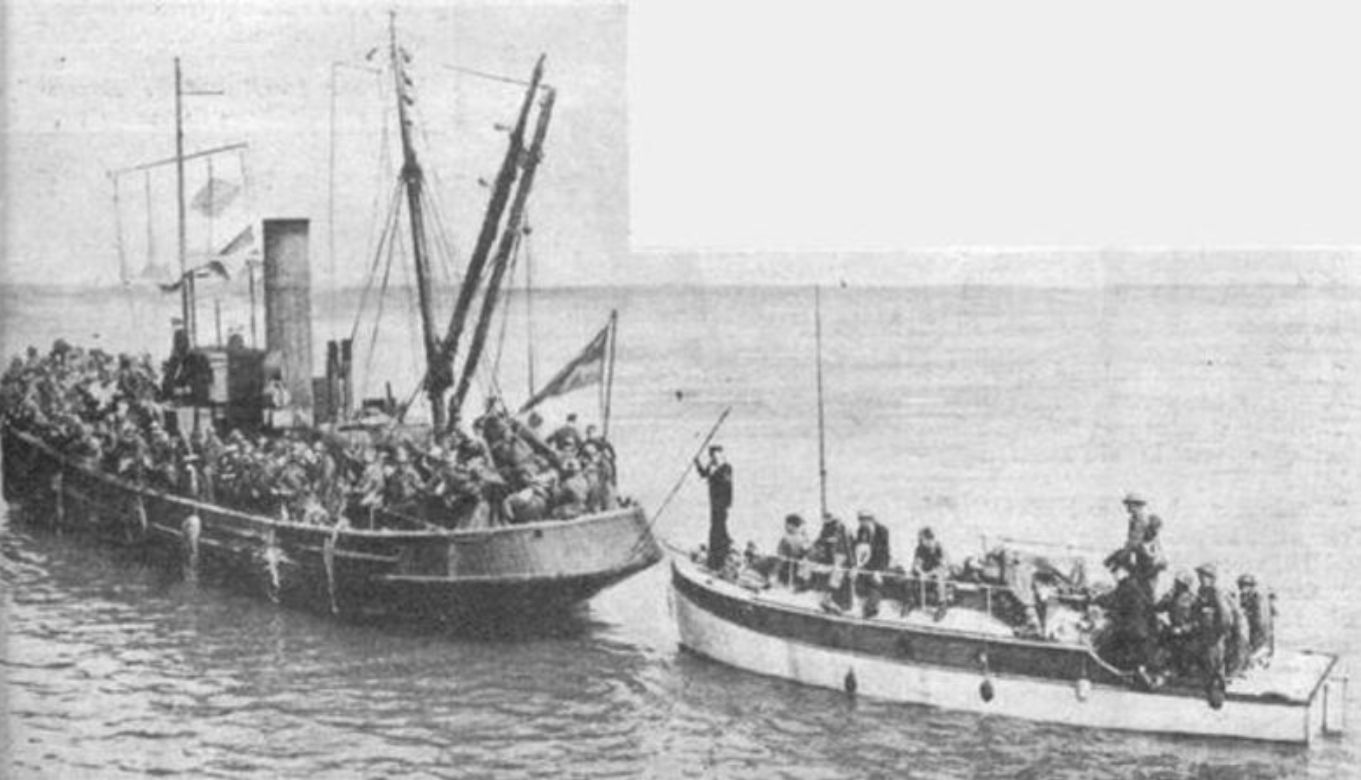
Source: Pinterest
Although they did not reach the arms cache, they destroyed a tank transporter – a daring feat that almost cost them their lives. Alexander and Cpl. Peter Gurney are true heroes, proving that courage and determination can overcome seemingly insurmountable odds.
Hijack and Heist: The Commandos' Misadventure
The two commandos embarked on their mission with no provisions of food or water. Little did they know their actions of blowing up a tank transporter and entering a German tent and tying up the soldiers inside, would be the start of an unexpected misadventure.
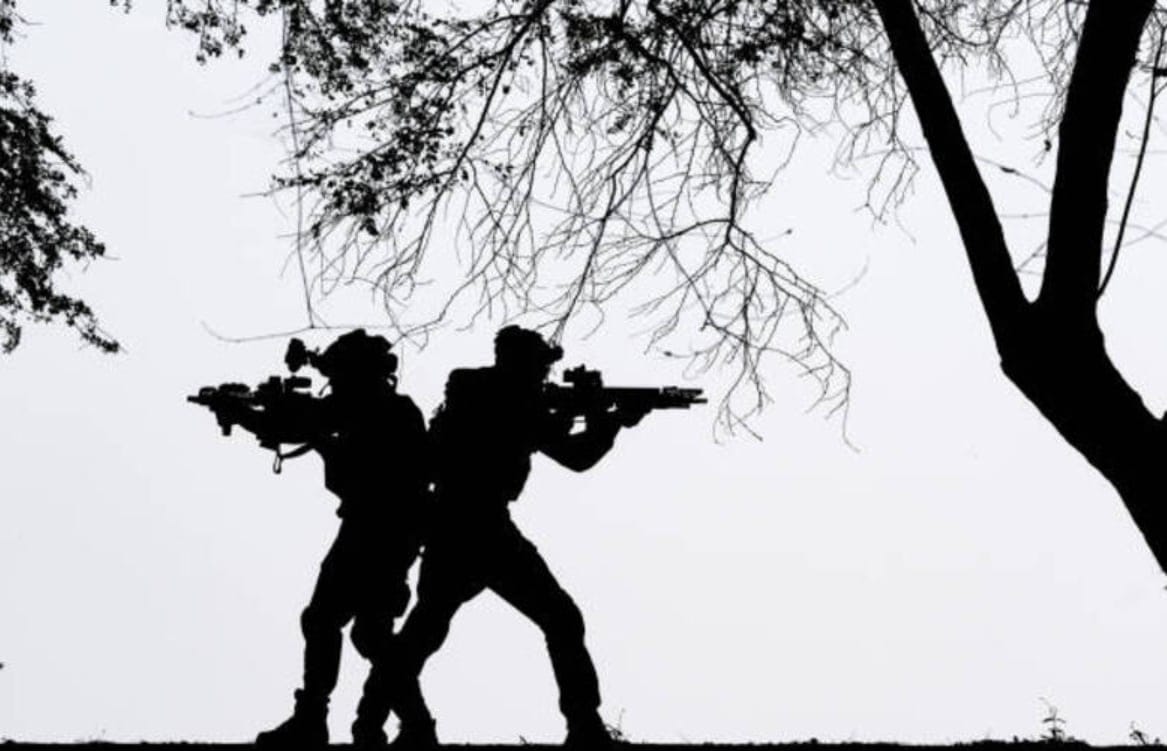
Source: Subin Pumsom/EyeEm/Getty Images
After eating the enemy soldiers’ provisions, one of them managed to free himself and alert the authorities. The commandos were soon captured and brought to the commanding enemy officer, whereupon they were informed that they would be sentenced to death for murder, as two soldiers had been inside the tank they destroyed.
From Execution to Captivity: How Michael Alexander Cheated Death
When Cpl. Gurney suggested to their captors that Michael Alexander was related to Gen. Alexander, the commander of British forces in North Africa, Michael decided to play along. Little did he know that this seemingly harmless decision would save his life.
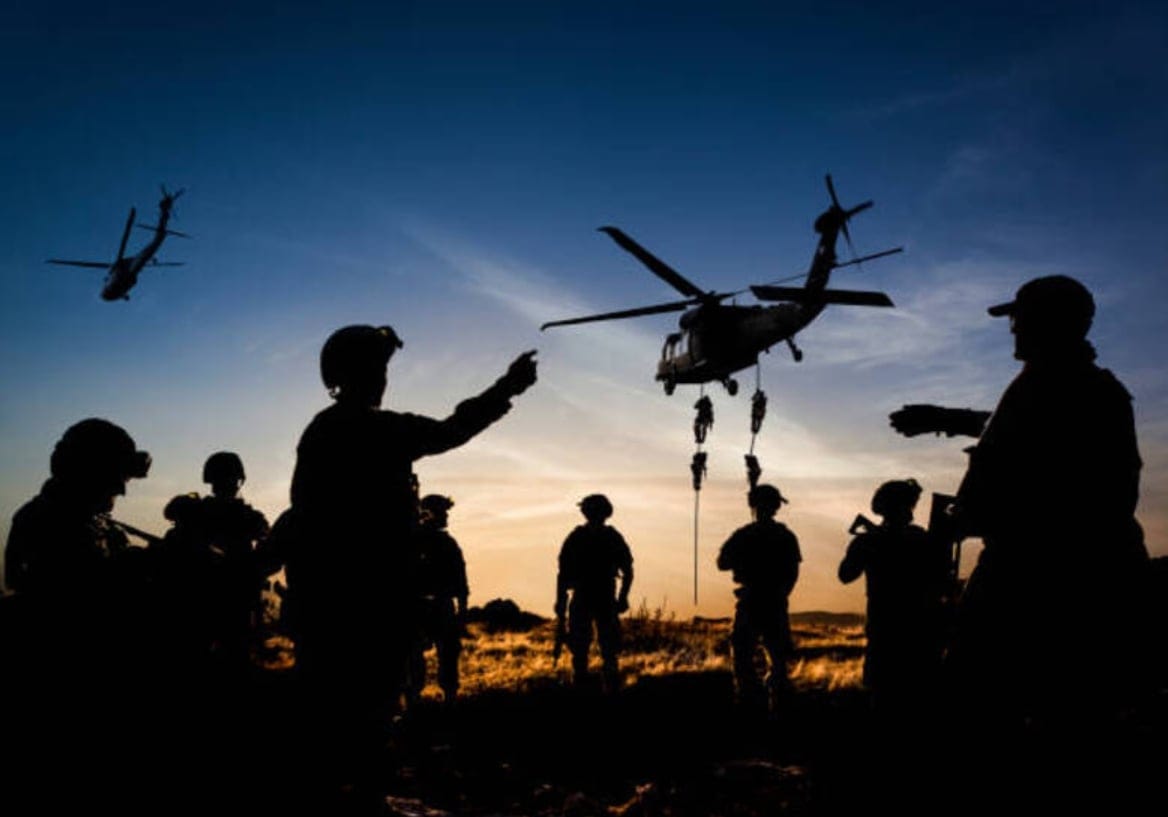
Source: brown.edu
Acknowledging the connection, the Germans chose to spare Michael and his comrade, and instead send them to a POW camp in Berlin to be used as bargaining chips. This act of deception enabled Michael and his friend to dodge certain death and spend the rest of the war held as captives.
